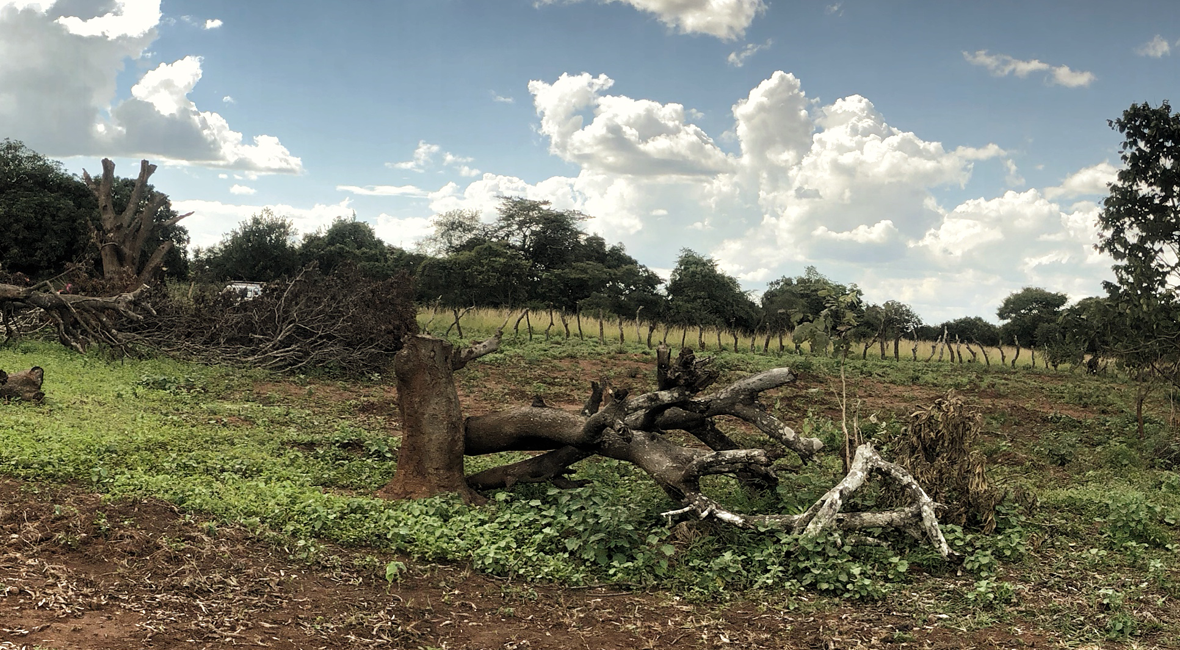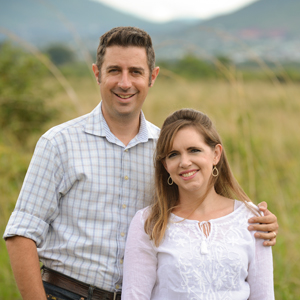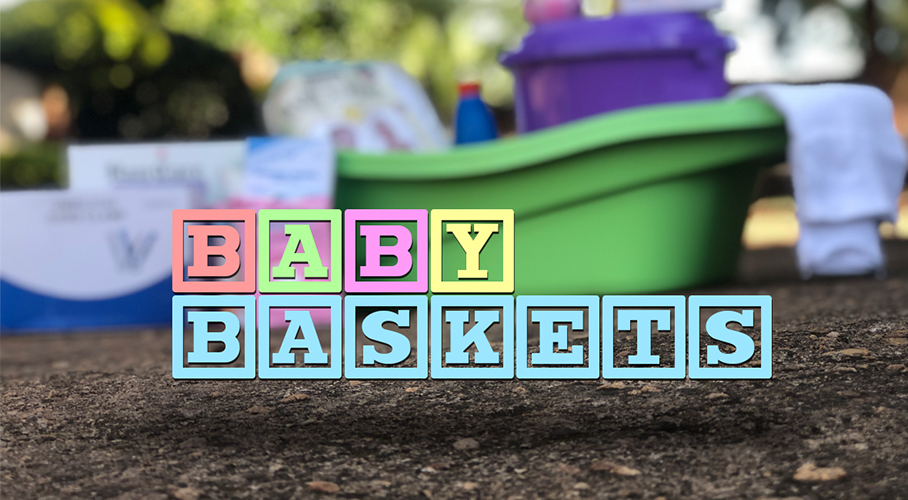Teach A Man To Fish

Money always makes things a bit tricky when working in majority world cultures. When a volunteer or missionary first starts in his work abroad, it’s easy to get overwhelmed with the great need and poor living conditions of those in the area. The first inclination is to just indiscriminately give money to help alleviate suffering. While this motive is pure, sometimes good natured generosity can have destructive consequences.
It’s important to let people do what’s within their means and to help those who aren’t in a position to help themselves. In our village work we do a lot of building. Every member of society is capable of building their own house. The idea then is to let them build what they can build and help where they’re not able. With our church project, all the members worked for a year and molded and baked 80,000 bricks. They did the work because they were completely capable and there was no need to take away their initiative and ownership in their work with outside, private funding.
Robert Lupton, in his book Toxic Charity, wrote, “When we do for those in need what they have the capacity to do for themselves, we disempower them.” “Giving to those in need what they could be gaining from their own initiative may well be the kindest way to destroy people.”
We’ve seen this to be true in sub-saharan Africa. Many countries, including Zambia, have been the recipients of foreign funding for decades. The local people are used to receiving hand outs from organizations like US Aid, Word Vision and various religious groups that pour millions of dollars into impoverished areas. This has been going on for so long that the village people have been persuaded that they’re not able to take care of themselves. The end result is that many now don’t want to be empowered, they want to be completely provided for.
Currently we’re in the testing phase of a fruit tree development program that’s aimed at empowering those in the village. The goal is to create a sustainable way for these people to take care of themselves. When I first came up with the idea, I was so excited and couldn’t wait to begin! This was going to change the whole dynamic of village life and thousands of children would benefit from the nutritional value that these fruits would bring. Parents would have money to afford schooling their children and bettering their lives. We would provide hundreds of sapling trees free of charge and teach them everything they needed to know if the people cleared their own land and took care of them. The idea was revolutionary!
The initial response that we got from our test sites was great! We explained the program and their part in it. These trees weren’t a hand out. There was a sizable amount of work required from those involved. Everything was ready and all we had to do now was wait and see which village would clear their land first. Well, it’s been over a year and we’re still waiting! The issue was that they thought we were just going to provide and do everything for them. The village sites wanted us to pay them to clear their land for trees we were going to give them for free.
We had to sit down and explain the benefits of a self-sustainable and village run orchard and how it would benefit them in the long run. Soon after the one year mark, one of the villages contacted me and called me in. Not only were they now willing to move forward with the program, but a sizable amount of work had been done in their field. They were even constructing the fence that would surround the perimeter. People were getting motivated and key members of the village were taking ownership and initiative in their work.
Robert Lupton well wrote, “Decades of free aid from well-meaning benefactors has produced an entitlement mentality and eroded a spirit of entrepreneurship and self-sufficiency” “Doing for rather than doing with those in need is the norm. Add to it the combination of patronizing pity and unintended superiority, and charity becomes toxic.”
Let’s be careful that we take extra effort to empower people and not destroy them with our charitable intentions. Otherwise, our well meaning efforts will strip away the dignity and resolve of the very ones we want to help.
Give a man a fish and he’s be fed for a day. Teach a man to fish and he’ll be fed for a lifetime.










Leave a Comment